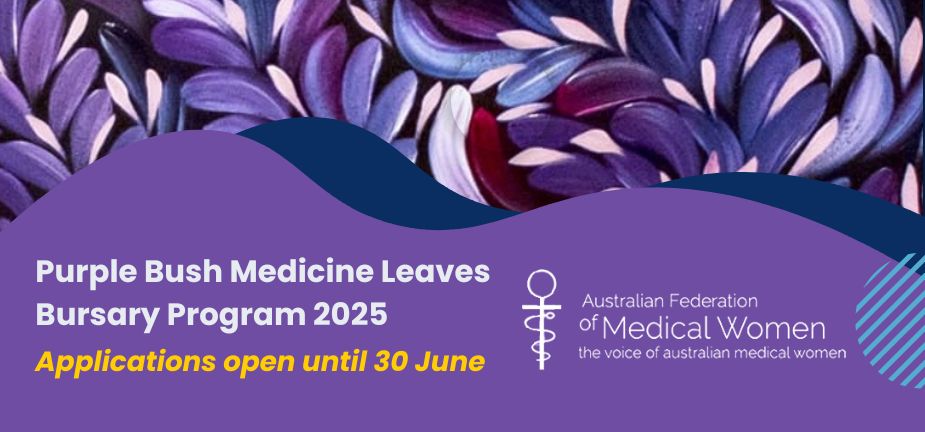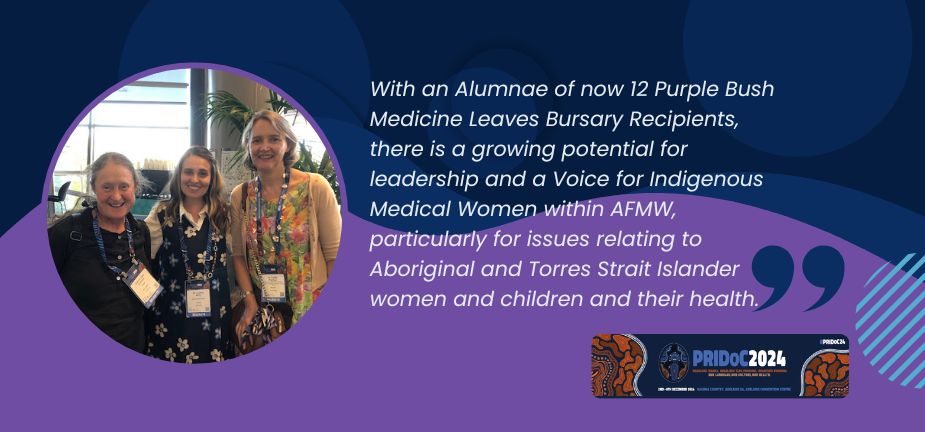A brief summary by Dr Magdalena Simonis President, AFMW. Host of the AFMW CSW65 Parallel Event.
>> Download the Full Version (265kb pdf)
>> View the CSW65 AFMW Parallel Event Programme
Aims of the Commission are for: Women’s full and effective participation and decision-making in public life, as well as the elimination of violence, for achieving gender equality and the empowerment of all women and girls
- The Commission on the Status of Women reaffirms the Beijing Declaration and Platform for Action, the outcome documents of the twenty-third special session of the General Assembly and the declarations adopted by the Commission on the occasion of the tenth, fifteenth, twentieth and twenty-fifth anniversaries of the Fourth World Conference on Women.
- The Commission reiterates that the Convention on the Elimination of All Forms of Discrimination against Women and the Convention on the Rights of the Child.
- The Commission believes in effective and accelerated implementation of the Beijing Declaration and Platform for Action will make a crucial contribution to the implementation of the 2030 Agenda for Sustainable Development and to achieving gender equality and the empowerment of all women and girls.
- The Commission also reaffirms the Paris Agreement, adopted under the United Nations Framework Convention on Climate Change.
- The Commission recognizes the importance of relevant International Labour Organization standards related to the realization of women’s right to work and rights at work which are critical for women’s full and effective participation and decision-making in public life
- The Commission recalls the Declaration on the Right to Development and the New York Declaration for Refugees and Migrants.
- 2020 marked the twentieth anniversary of the establishment of the women, peace and security agenda, and reaffirms that the full, equal, and meaningful participation of women in all stages of peace processes is one of the essential factors for the maintenance and promotion of international peace and security.
- Gender equality and the empowerment of women and girls and women’s full, equal, effective and meaningful participation and decision-making in public life as well as the elimination of violence are essential for achieving sustainable development, promoting peaceful, just and inclusive societies, enhancing sustained, inclusive and sustainable economic growth and productivity, ending poverty in all its forms and dimensions everywhere and ensuring the well-being of all. It also recognizes that women and girls play a vital role as agents for sustainable development.
- The Commission reiterates that the 2030 Agenda for Sustainable Development needs to be implemented in a comprehensive manner, reflecting its universal, integrated and indivisible nature, taking into account different national realities, capacities and levels of development and respecting each country’s policy space and leadership while remaining consistent with relevant international rules and commitments, including by developing cohesive sustainable development strategies to achieve gender equality and the empowerment of women and girls.
- The parties to the Paris Agreement acknowledged that they should, when taking action to address climate change, respect, promote and consider gender equality, the empowerment of women and girls and intergenerational equity and, in this context, also recalls the adoption of the second gender action plan by the Conference of the Parties to the United Nations Framework Convention on Climate Change at its twenty-fifth session.
- The Commission reaffirms the need to promote women’s full and effective participation and leadership in decision-making on the mitigation and adaptation to climate change,
- The Commission recognizes that gender inequality continues to be reflected in imbalances of power between women and men in all spheres of society. It also recognizes the need to significantly accelerate the pace of progress toward ensuring women’s full, equal and meaningful participation and leadership at all levels of decision-making in executive, legislative and judicial branches of government.
- All people have the right to take part in the government of their country.
- It is necessary to address gender inequality as well as discrimination and that when women are not included in decision-making, policy outcomes are likely to be ineffective, harmful, and may lead to the violation of the human rights of women and girls.
- Women’s full and effective participation and decision-making in public life as well as leadership can help support their empowerment in other sectors, including the arts, culture, sports, media, education, religion, the private sector and finance.
- The private sector, through gender-sensitive policies and programmes to support women’s participation and leadership, can contribute to the promotion and protection of human rights and fundamental freedoms.
- Measures are needed to enable young women and girls to successfully grow into leadership positions in public and private spheres by ensuring their full and equal access to education, technology and skills development, leadership and mentorship programmes, increased technical and financial support, and protection from violence and discrimination.
- The Commission strongly condemns all forms of violence against women and girls which is rooted in historical and structural inequalities and unequal power relations between men and women.
- All forms of violence and discrimination, including in digital contexts, prevent women from exercising their equal right to participate in all spheres of public life, and emphasizes that their participation is essential to improve the work of public institutions and strengthen policy outcomes.
- The Commission stresses the importance of investing in women’s and girls’ development and of strengthening their participation and in order to break the cycle of gender inequality.
- The Commission recognizes that sexual harassment impedes the achievement of gender equality and the empowerment of all women and girls.
- The Commission acknowledges the need to address the effects of armed conflict and post-conflict situations on women and girls, including victims and survivors of sexual violence.
- The Commission acknowledges the importance of combating trafficking in persons in order to prevent and eliminate all forms of violence against women and girls.
- The COVID-19 pandemic is having a disproportionate impact on women and girls and is deepening pre-existing inequalities that perpetuate multiple and intersecting forms of discrimination.
- Women are the vast majority of frontline health and social workers and that they are significantly engaged in the delivery of essential and public services and the Commission recognizes the need to ensure their access to decent work, just and favourable work conditions, including living wages, equal pay for work of equal value and universal access to social protection supported by national strategies, policies, action plans and adequate resources.
- The Commission also recognizes the importance of the full engagement of men and boys as agents and beneficiaries of change, and as strategic partners and allies.
Associate Professor Magdalena Simonis AM is a Past President of the AFMW (2020-2023), former President of VMWS (2013 & 2017-2020) and current AFMW National Coordinator (2024-2026). She is a full time clinician who also holds positions on several not for profit organisations, driven by her passion for bridging gaps across the health sector. She is a leading women’s health expert, keynote speaker, climate change and gender equity advocate and government advisor. Magda is member of The Australian Health Team contributing monthly articles.
Magdalena was awarded a lifetime membership of the RACGP for her contributions which include past chair of Women in General Practice, longstanding contribution to the RACGP Expert Committee Quality Care, the RACGP eHealth Expert Committee. She is regularly invited to comment on primary care research though mainstream and medical media and contributes articles on various health issues through newsGP and other publications.
Magdalena has represented the RACGP at senate enquiries and has worked on several National Health Framework reviews. She is author of the RACGP Guide on Female Genital Cosmetic Surgery and co-reviewer of the RACGP Red Book Women’s Health Chapter, and reviewer of the RACGP White book
Both an RACGP examiner and University examiner, she undertakes general practice research and is a GP Educator with the Safer Families Centre of Research Excellence, which develops education tools to assist the primary care sector identify, respond to and manage family violence . Roles outside of RACGP include the Strategy and Policy Committee for Breast Cancer Network Australia, Board Director of the Melbourne University Teaching Health Clinics and the elected GP representative to the AMA Federal Council. In 2022. she was award the AMA (Vic) Patrick Pritzwald-Steggman Award 2022, which celebrates a doctor who has made an exceptional contribution to the wellbeing of their colleagues and the community and was listed as Women’s Agenda 2022 finalist for Emerging Leader in Health.
Magdalena has presented at the United Nations as part of the Australian Assembly and was appointed the Australian representative to the World Health Organisation, World Assembly on COVID 19, by the Medical Women’s International Association (MWIA) in 2021. In 2023, A/Professor Simonis was included on the King’s COVID-19 Champion’s list and was also awarded a Member (AM) in the General Division for significant service to medicine through a range of roles and to women’s health.










